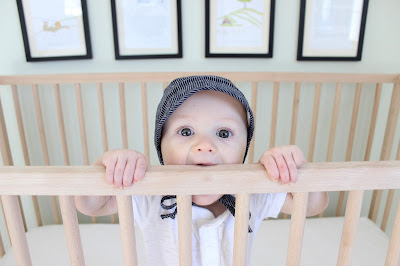I've managed to escape vulnerability most of my life. I bathe myself, clothe myself, and care for myself. I can pop my own zits and clip my own toenails; I feed myself with a steady hand, and use the bathroom in privacy. My mind and body are healthy, free from disability, illness, and old-age that might engender dependence on others.
I am a white woman, the daughter of an honest lawyer, and a skilled teacher. I grew up in a four-bedroom home with white bricks and green shutters, and fuchsia geraniums lining the patio each summer. I was afforded an education that led to a professional career where I am valued and respected, far from many of my brown brothers and sisters who were born in different neighborhoods with failing schools, or countries devastated by drought, famine, and war. My privilege shelters me from the indignities of hunger, poverty, and humiliation.
But my privilege and pride buried one of humanity's greatest virtues from me: compassion.
Birth, the vehicle for all humanity, renders the mother naked, persevering through waves of intense pain, and profound vulnerability. So there I was. Standing, naked, hugging a birthing ball draped in a white sheet while the immutable surges washed over my body. My midwife, Yelena, knelt below me on the hard hospital floor, massaging my perineum, tenderly cleansing my body, and ensuring Declan's safe arrival. My nurse, Esta, steadied my legs, and washed blood from my feet.
Four hours earlier, Yelena was a kind acquaintance, and Esta, a complete stranger, but now these women were sharing the most intimate of experiences with my family, treating me with the tenderness I've only known from my own mother-- the kind of compassion that is only understood when one human suffers and another takes on that suffering, the kind of compassion I had never known.
Since his birthday, I've spent a lot of time thinking about the uncomfortable, private parts of being a human, and why we try so hard to hide those parts from one another. How might we look more closely to see suffering and join alongside our brothers and sisters in their pain? How might we look deeper to see the suffering in strangers-- the ones who cannot bathe themselves, or clothe themselves, those who do not look like us, or cannot hide behind their privilege. And let us kneel down to relieve their pain, to wash their feet, to look upon them with compassion and dignity, and see our humanity in one another.
"The future is, most of all, in the hands of those people who recognize the other as a 'you' and themselves as part of an 'us.' We all need each other."- Pope Francis
 |
| Kristy Powell Photography |
 |
| Kristy Powell Photography |




















